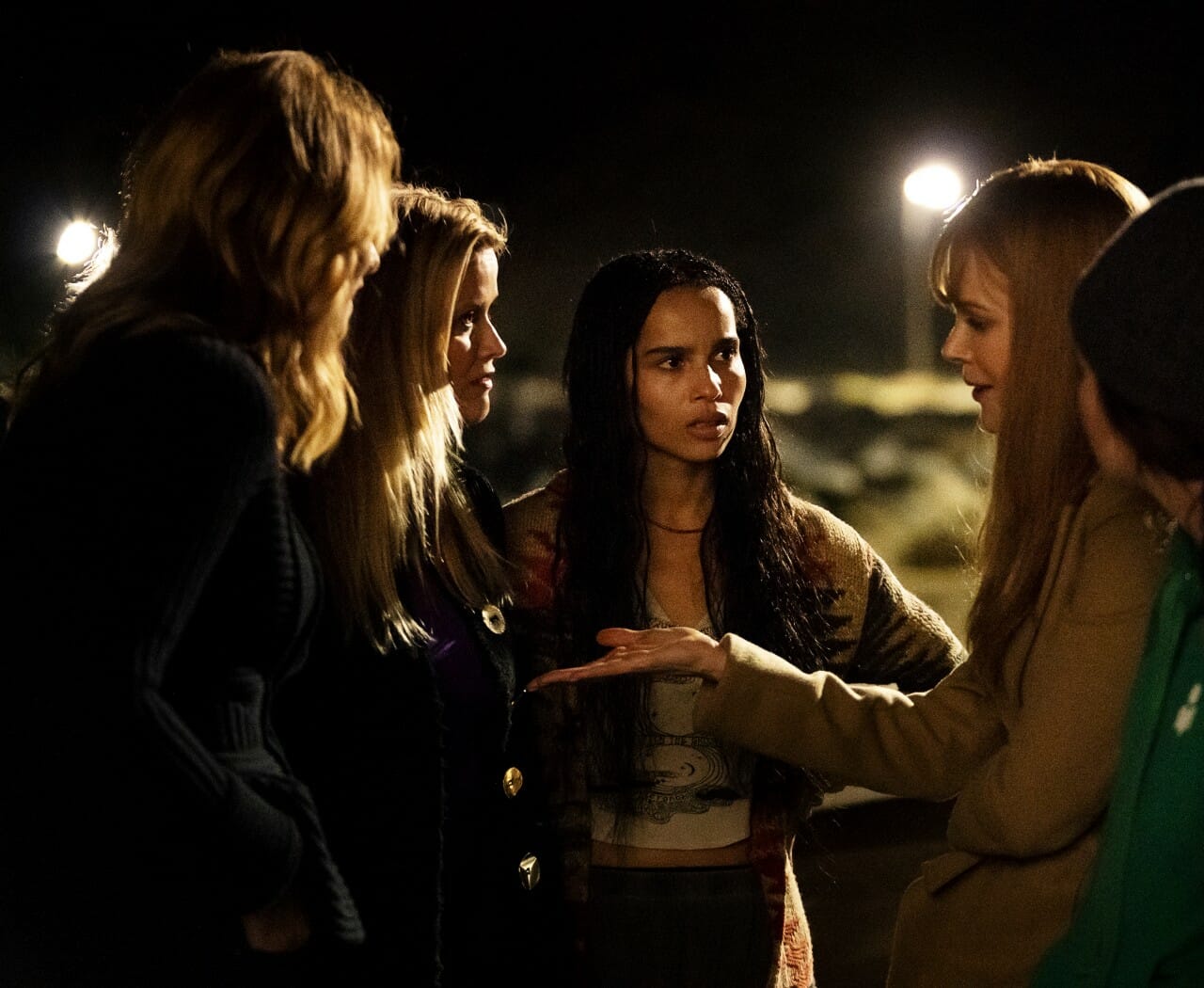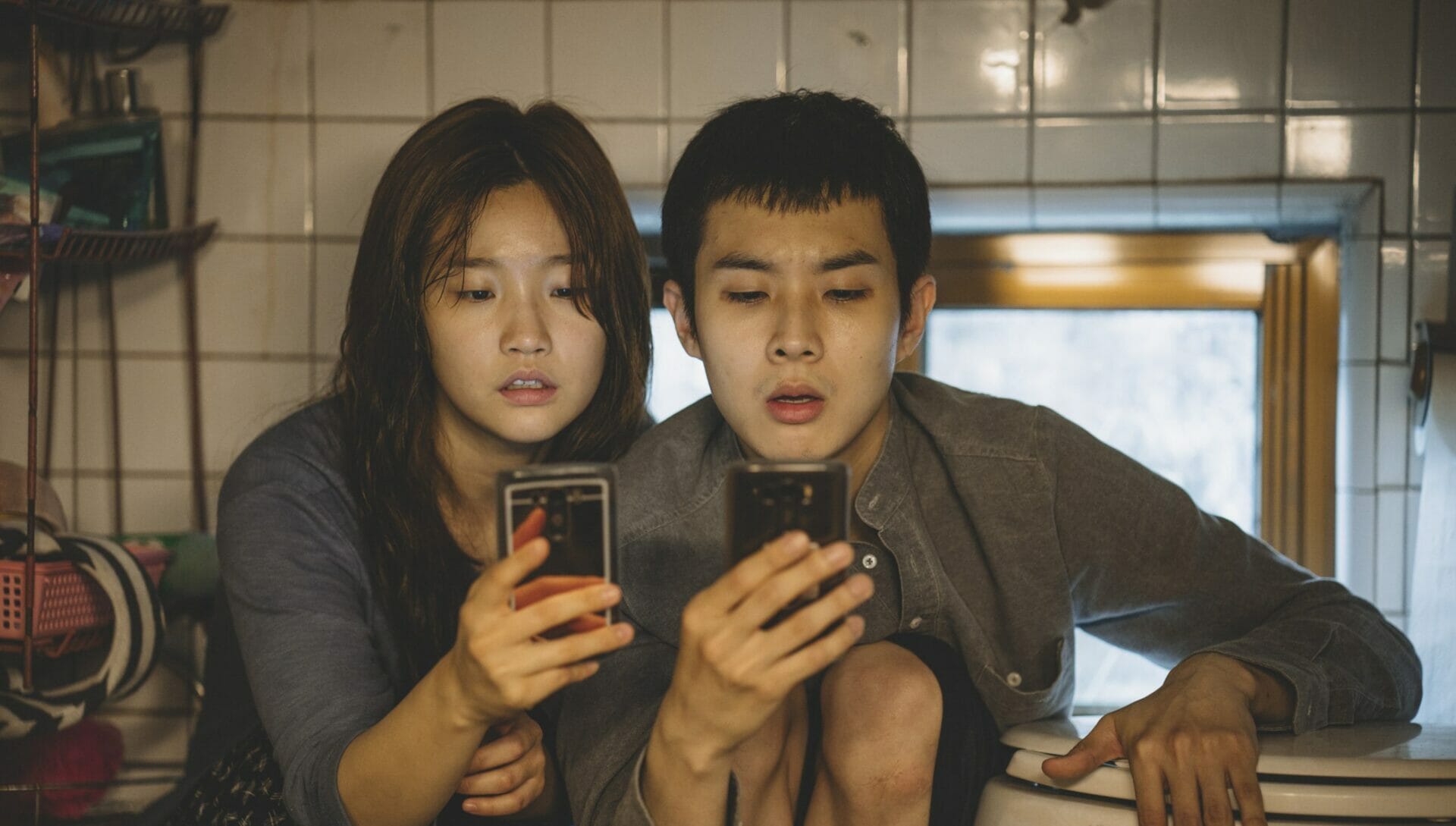
The White Lotus | Evil & WASPs
Creator
Showrunner
Director
Year
Country
Seasons
Runtime
Genre
The White Lotus is a prestige drama miniseries created, written, and directed by Mike White for HBO.
As White’s latest work, Succession, The White Lotus centers rich, messy white people on a vacation in Hawaii. They all mainly look for relaxation. But this is not the usual story about self-discovery, like Julia Roberts‘ character did in Eat, Pray, Love.
This miniseries breaks the trope of the rich person seeking spiritual renewal out of the daily routine by placing it under updated, critical lenses.
What they do in the shadows
With a plenitude of characters, the TV show has a choral structure. Each episode follows the tantrums and tribulations of both guests and staff at the White Lotus resort. The conflict lies between the two sides. On one side are the rich guests, all typically WASP (White Anglo-Saxon Protestant) people: a young honeymoon couple (Alexandra Daddario and Jake Lacy), a family of four, played by Connie Britton, Steve Zhan, Sidney Sweeney (Euphoria), and Fred Hechinger, and a middle-aged single woman (Jennifer Coolidge).
Then, there are the resort employees: the White Lotus manager (Murray Bartlett), the spa supervisor (Natasha Rothwell), and others (one of them portrayed by Lukas Gage). The workers have the daily task of dealing with weird requests from wealthy guests. They constantly struggle between the desire for social revenge and their obligation to guarantee the best stay to the clients.
The show’s pilot opens with a murder being committed. As a plot that reminds one of Agatha Christie‘s novels, the vacation begins (and, in the opposite way, it also ends) with a murder. In this case, during the first episode, the viewers see a box of human remains being carried away from the exotic place. The director himself underlined how the mystery of an unidentified dead body is the engine that propels the series from its very beginning.
Escape from the truth
Beyond this narrative stratagem, the dead body symbolizes of another theme. Whoever arrives at the White Lotus wants to leave reality behind and embrace oblivion.
The tourists are looking for a place where time does not exist, a sort of alternate dimension. The desire to escape, the hunt for excess and experience is what everyone in the story is looking for. But there is a feeling of existential dread that permeates the whole journey. The shadow of awareness is what mines the promise of relaxation.
This shadow is also embodied by the setting: Hawaii. The White Lotus explicitly points out Hawaii’s lasting colonial damage and the twisted dynamics of a place that relies on tourism. A place where the economic gains from that tourism don’t proportionally benefit the local communities and the environment. A paradise on earth becomes the background for a gloomy story, such as in Alexander Payne’s The Descendants (2011).
The Lotus eaters
The guests seek for unawareness, and try to escape from an inconvenient fact. They are all longing for divertissement to avoid the truth: all of their wealth comes with a price, the one of oppression and exploitation of others. The realization of their privilege would be their true awakening. But this aspect crawls underground the story without ever reaching the light. The newlywed bride is the only character close to realizing the true cost of her social status.
The protagonists are torn between unaware and craved rest and a perennial, opulent unconsciousness. They share this painful condition with the mythological figure of the lotus. The reference is explicitly manifested by Bartlett’s character. It is the hotel manager that, during the sixth episode, quotes Tennyson‘s poem The Lotus-Eaters.
The White Lotus holds together elements of conflict, salacious scenes, and irritating characters with an engaging soundtrack, brilliant satire, and refined poetics. By doing this, White rejects the so-called priv-lit label, meaning any media whose expressed goal is one of spiritual, existential, or philosophical enlightenment contingent upon men or women’s hard work, commitment, and patience, but whose actual barriers to entry are primarily financial.
Tag
Buy a ☕ for Hypercritic









